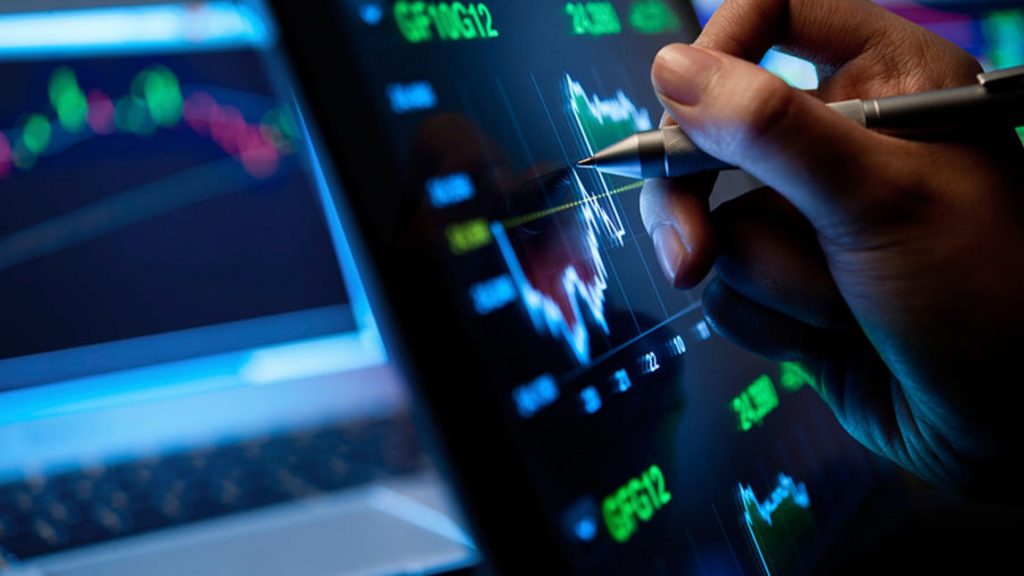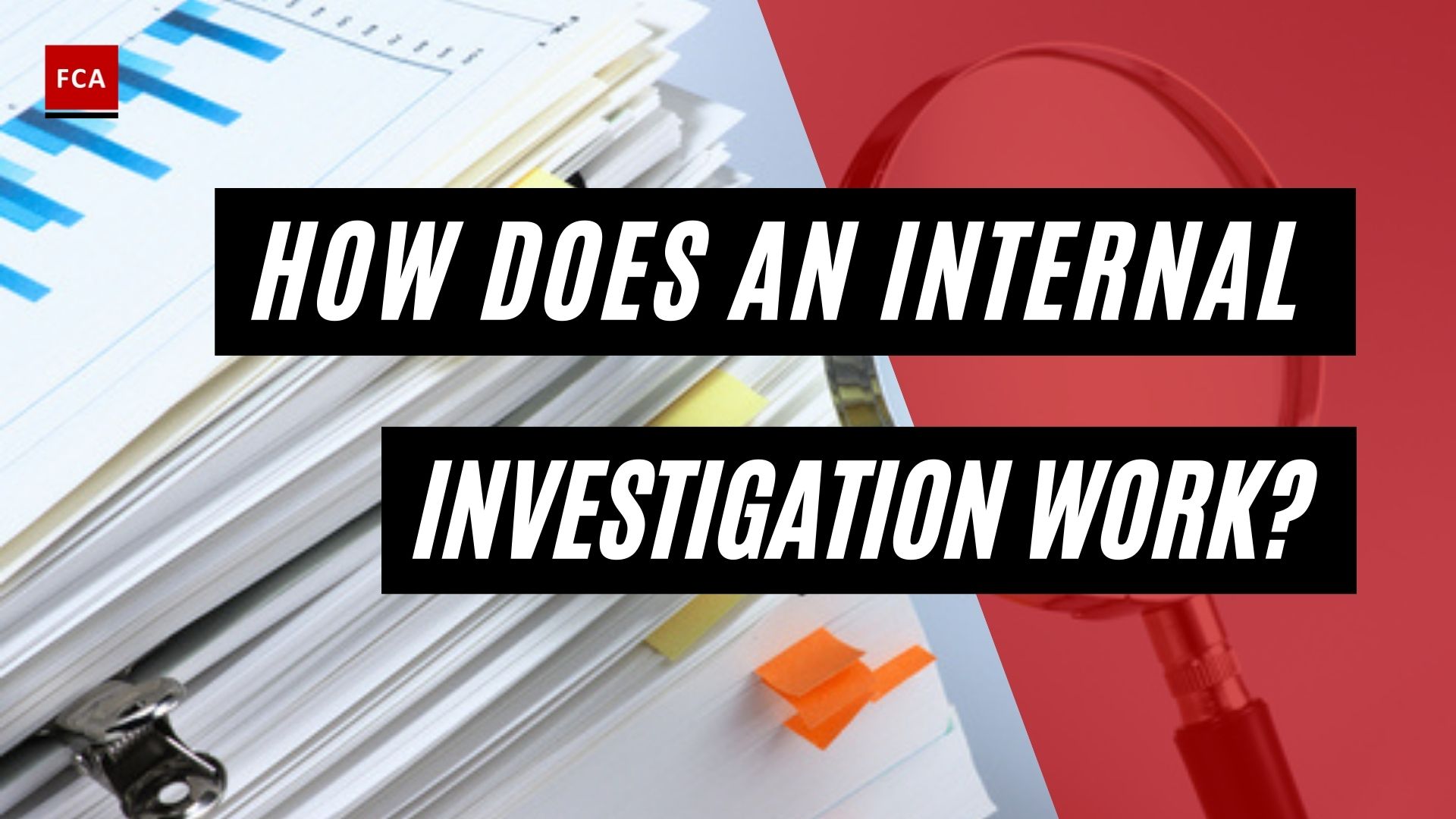The link of forensic accounting with business valuation and damage valuation. Forensic accountants frequently review insurance claims for business interruption or lost profits. Since owners of privately held companies have control over the books and records, they may inflate the loss claims. Business interruption insurance is intended to restore the claimants, not reward them with excess reimbursement. Generally, insurance policies consider the following methodology to quantify a loss. The objective of the forensic accountant is to prepare the calculation while concurrently searching for potential fraud.

The Link Of Forensic Accounting With Business Valuation And Damage Valuation
Commercial damage is a business loss of profits or loss of asset value resulting from the actions of another party. The economic damage to be calculated in a commercial suit will come through either a loss of profit or loss of asset value. The former is frequently associated with business interruption cases and the latter with business valuation and share fraud cases. In such commercial loss claims, forensic accountants can assist in evaluating damages, reconstruction of records, quantification of damages, dispute resolution, and provision of expert testimony.
The forensic accountant is closely related to valuation activities. The chief job of many forensic accountants in valuation assignments is to reconstruct income and identify the ownership of various assets.
In some cases, forensic accountants use existing information, such as public-company data or industry benchmarks. Still, often, they need to access needed information.
Forensics Accountants
Forensic accountants may make appearances on due diligence teams. Involving a forensic accountant is a good thing to consider in most situations. Investment banks and other lenders also bring in forensic accountants to safeguard their interests. Apart from scrutinizing numbers, forensic accountants question human beings in the process and do onsite inspections of the facilities being sold to verify the pricing in the deal. Fake or inadequate assets listed as being a major part of a deal may be found by any valuation professional; however, forensic accountants specifically look for them.
Some of the worst financial crimes happen right under the nose of the boss. Fake employees getting real checks are common in companies and governments alike. Crooked employees can create such scams very easily, based on resources close to them. Forensic accountants are trained to spot irregularities in accounts that can reveal such mischief.
Forensic accountants may play a big part in family law. Much friction occurs over the lack of information sharing and suspicions that shared numbers are far below.

Valuation Professional Forensic Accountant
Most of the time, a valuation professional forensic accountant works independently. Still, the work doesn’t replace the formal procedures and tests done by a trained and certified forensic accountant. Valuation professionals get close to the forensic process when they begin to normalize the financials of the business. If a valuation professional sees something that looks not quite right, he simply notes it in the valuation report.
The forensic accountant performs an investigation to uncover the truth behind the numbers. Then, the valuation professional uses the results of the forensic exercise to readjust the numbers. The two professionals would combine their efforts to establish and reinsert the true normal inventory costs.
The relationship between a valuation professional and a forensic accountant should be close. A valuation professional is someone like an emergency medical technician, whereas a forensic accountant is like a pathologist. Both parties need to be talking.
Forensic accountants have only one allegiance that is to their certificate, meaning the set of professional standards to which they are required to adhere. They have to honor those standards ahead of our client’s preferences because they testify to those findings under oath.
The Crossroads Of Business Valuation And Forensic Accounting
However, business valuation is not just a “back of the envelope” exercise because financial data on the books and records may not tell the entire story. As a result, a deeper analysis is often required to find the explanations behind the numbers.
Forensic accounting has been commonly defined as the application of investigative and analytical skills for the purpose of resolving financial issues in a manner that meets standards required by courts of law.
While definitions of forensic accounting commonly refer to fraud-related activity, forensic accounting is often applied in a number of business valuation cases, some that are being litigated and some that are not. This is because it is not just the calculation of numbers, but the details behind the numbers that count. Therefore, forensic accounting allows for the process to identify, explain, contradict and verify the financial data presented when valuing a business.
Final Thoughts
The process of determining the economic value of a business is known as business valuation. In general, three valuation approaches are acceptable: asset, income, and market.
The asset approach determines a company’s value as the fair market value of its assets less the fair market value of its liabilities, essentially looking at what it would cost to recreate the business. This approach frequently serves as a valuation floor for many companies because the present value of future cash flows generated by assets exceeds the liquidation value of those assets.








